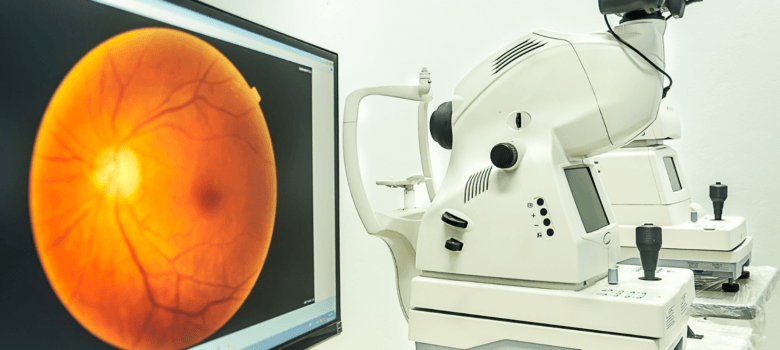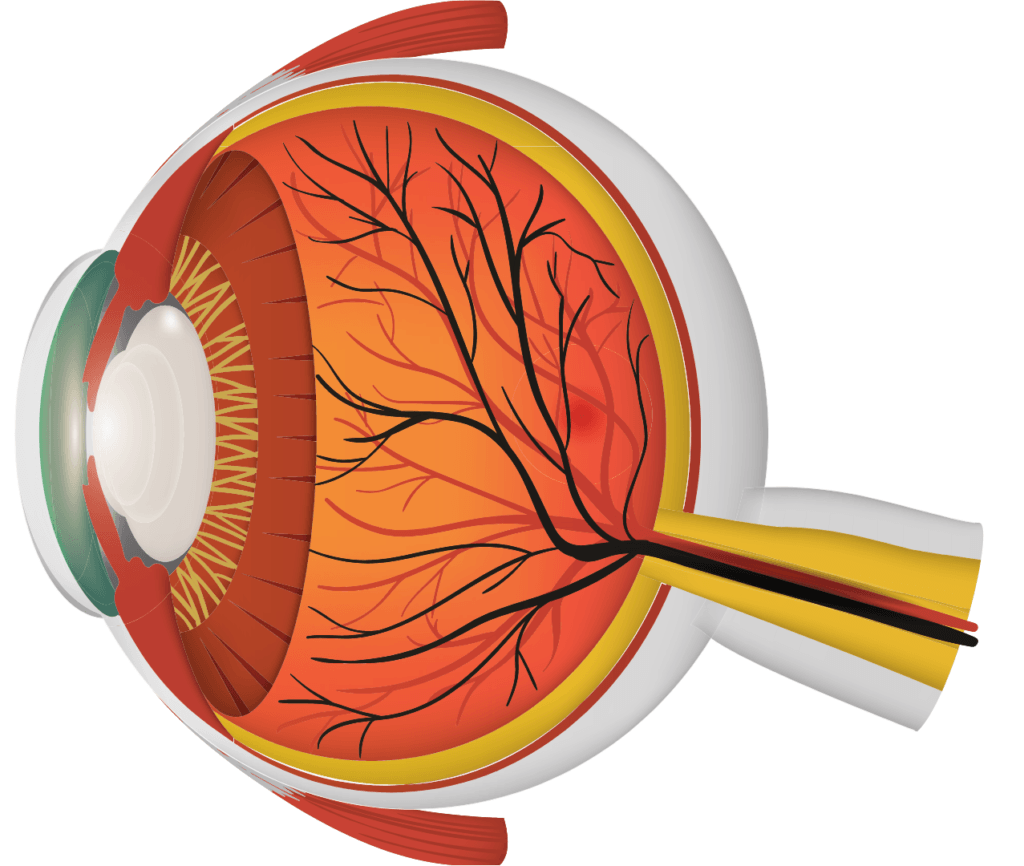

AI Analysis of Retinal Photography May Predict Serious Health Issues
by Amelia Garrison
A recent study conducted by researchers in China, Australia, and Germany, indicates that Artificial Intelligence (AI) applied to analysis of retinal photography may help medical professionals identify health problems before symptoms appear. The study coupled Deep Learning (DL) and AI to analyze images from the back surface of the eye, or fundus, which is comprised of neural tissue. The results have opened the door to the future of personalized (and preventative) medicine.
Howard Krauss, MD, Co-founder of Pacific Neuroscience Institute and Director of the Pacific Eye, Ear, and Skull Base Center, explained, “Zhu [and colleagues] have demonstrated that the application of Artificial Intelligence coupled with Deep Learning to discern an ‘apparent’ retinal age, when compared to the true age, is an indicator of risk of mortality.”
The future of personalized medicine
The landmark study could contribute to the era of personalized medicine, commented Dr. Krauss. “The study reinforces the value of continued coupling of Artificial Intelligence with Deep Learning algorithms to assist in discovery; medical or otherwise. Perhaps AI coupled with DL will bring us more fully into the era of personalized medicine, where we may better choose the best treatment for the individual, rather than for the disease.”
Indication of microvasculature disorders

Unlike visible signs of aging, which may reveal health complications well after they have started, analysis of retinal photographs, employing AI, may provide a unique glimpse into overall health and wellbeing before complications start.
“The retina is a “window” unlike any other in the body, consisting of neural tissue, much like the brain, and allowing direct view and analysis of the body’s microvasculature, which may be an indication of disorders of microvasculature jeopardizing many other organs,” commented Dr. Krauss.
Retinal analysis may predict health risks
Thus, analysis of the retina may be useful in predicting future health risks. Dr. Krauss explained, “The study reinforces the value of retinal screening as a tool in disease detection or prevention; now that we have the technology to obtain high-quality retinal images without requiring a “visit to the doctor,” routine screening coupled with AI and DL may better direct additional evaluations and management for disease detection, prevention or management.”
Dr. Krauss went on to say, “Today’s retinal scanning technology has gone beyond simple photography, to optical coherence tomography, capable of analyzing individual layers within the retina and discerning structural changes in the retina of +/- 4 microns. We routinely record a focal electrophysiologic change in the retina via multifocal electroretinography (mfERG), and we are developing optical scanning technology to allow non-invasive molecular analysis of the retinal milieu, much as we are capable of determining the composition of the atmosphere of distant planets.”
More information: 310-829-8701
About Dr. Howard Krauss

Howard Krauss, MD, is one of the four founders of Pacific Neuroscience Institute, and a Director of the Pacific Eye, Ear and Skull Base Center. He is a surgical neuro-ophthalmologist specializing in “behind the eye problems,” including strabismus, eyelid, orbital and anterior skull base surgery. He provides evaluation and management for patients with eye and vision problems including eyelid disorders, ocular and orbital pain, double vision, neurologic or brain disorders, circulatory disorders and inflammation, thyroid eye disease, injury and tumors of the eye socket (orbit), face, head, or brain. He offers comprehensive ophthalmic services, as well as the more complex specialty procedures including oculoplastic surgery, adult strabismus surgery and orbital and anterior skull base surgery. Dr. Krauss’ philosophy is to deliver the best eye and vision care in a multidisciplinary setting, with easy access to the plethora of specialists and subspecialists who work together in the best interests of each patient.
Related Links:
About the Author

Amelia Garrison
Amelia Garrison is the Marketing Specialist at Pacific Neuroscience Institute (PNI). Well versed in community outreach strategy and implementation, she leads the PNI blog, newsletter, and digital communications. Amelia oversees PNI's reputation management and community sponsorships.
Last updated: November 6th, 2024
